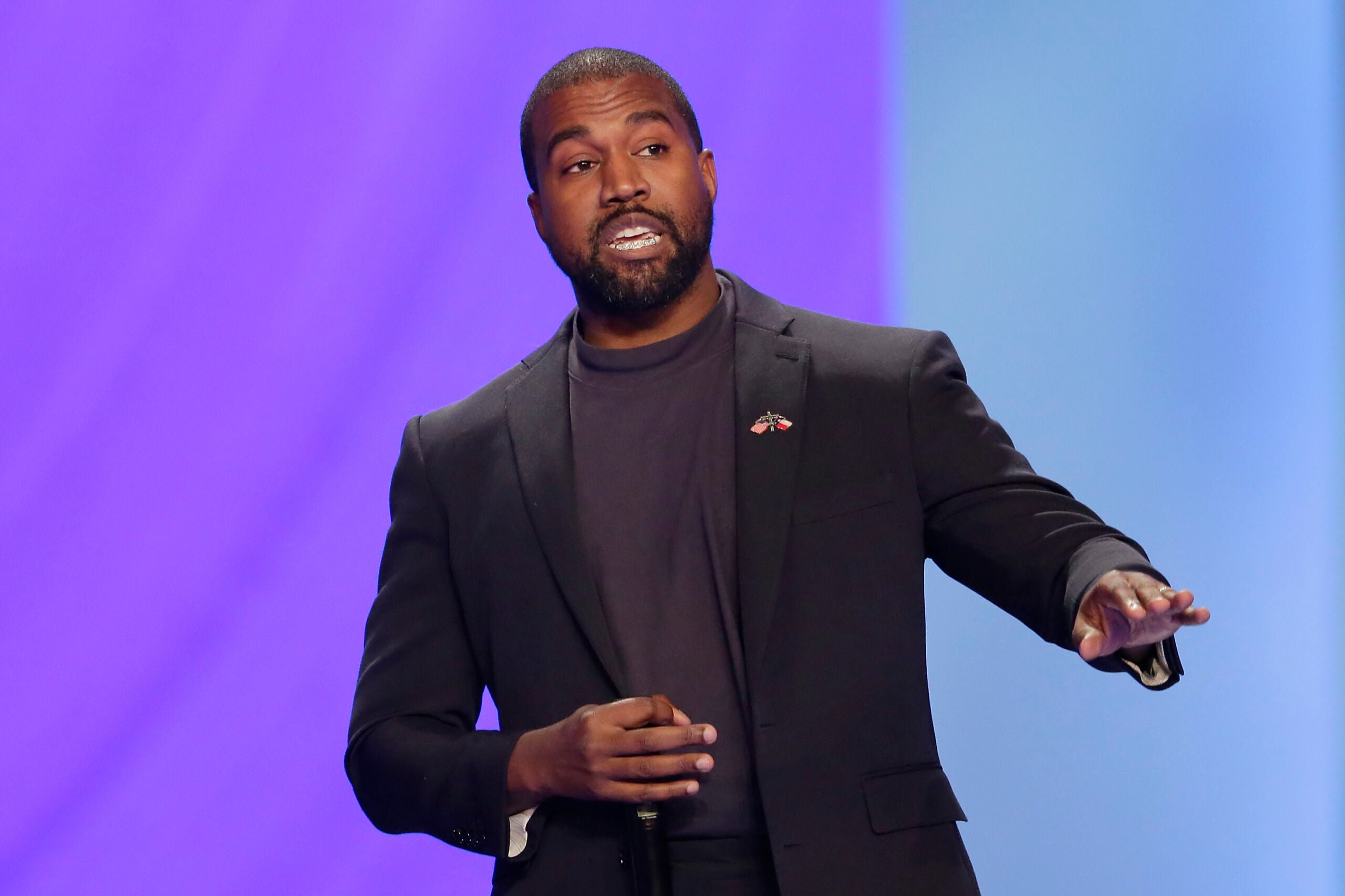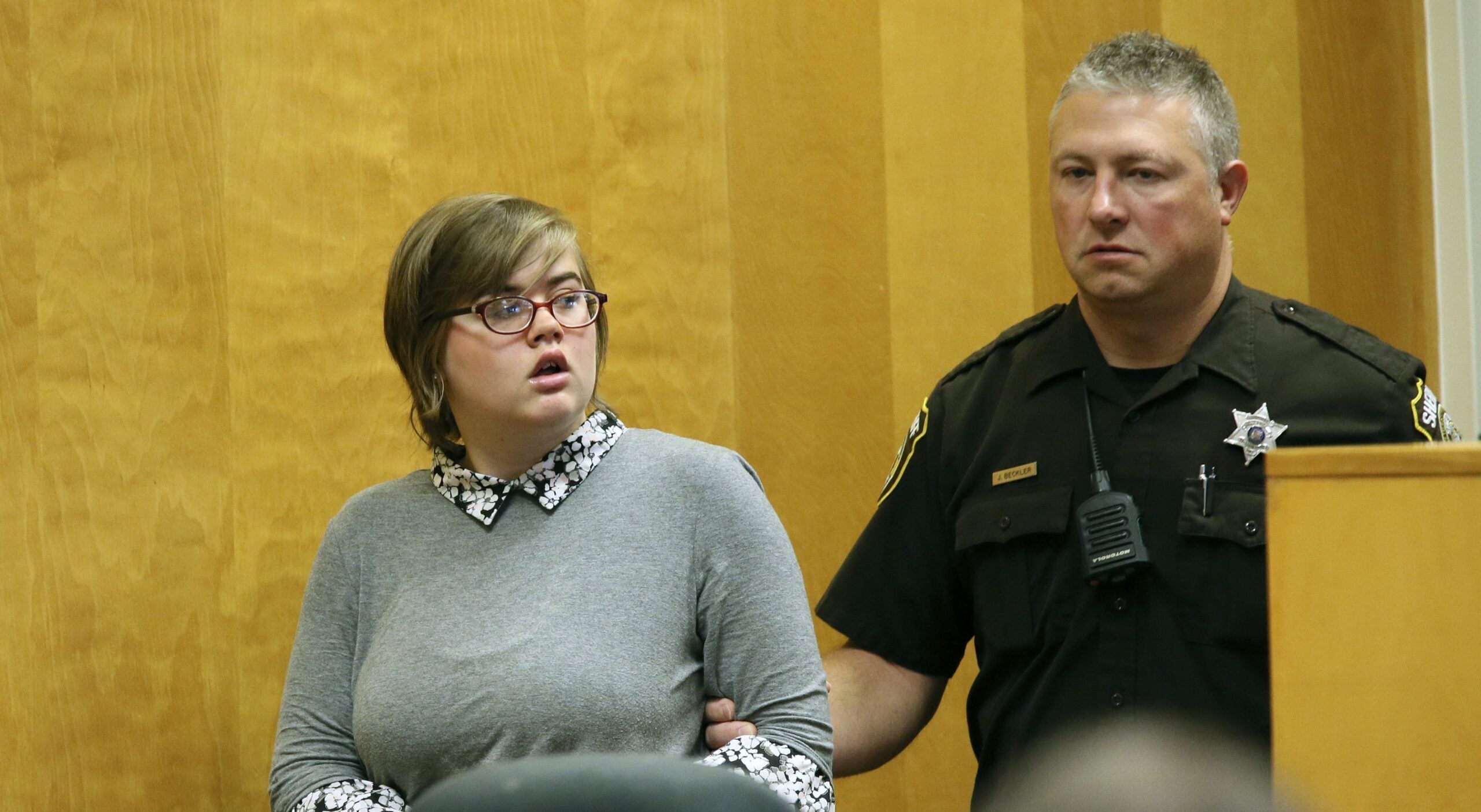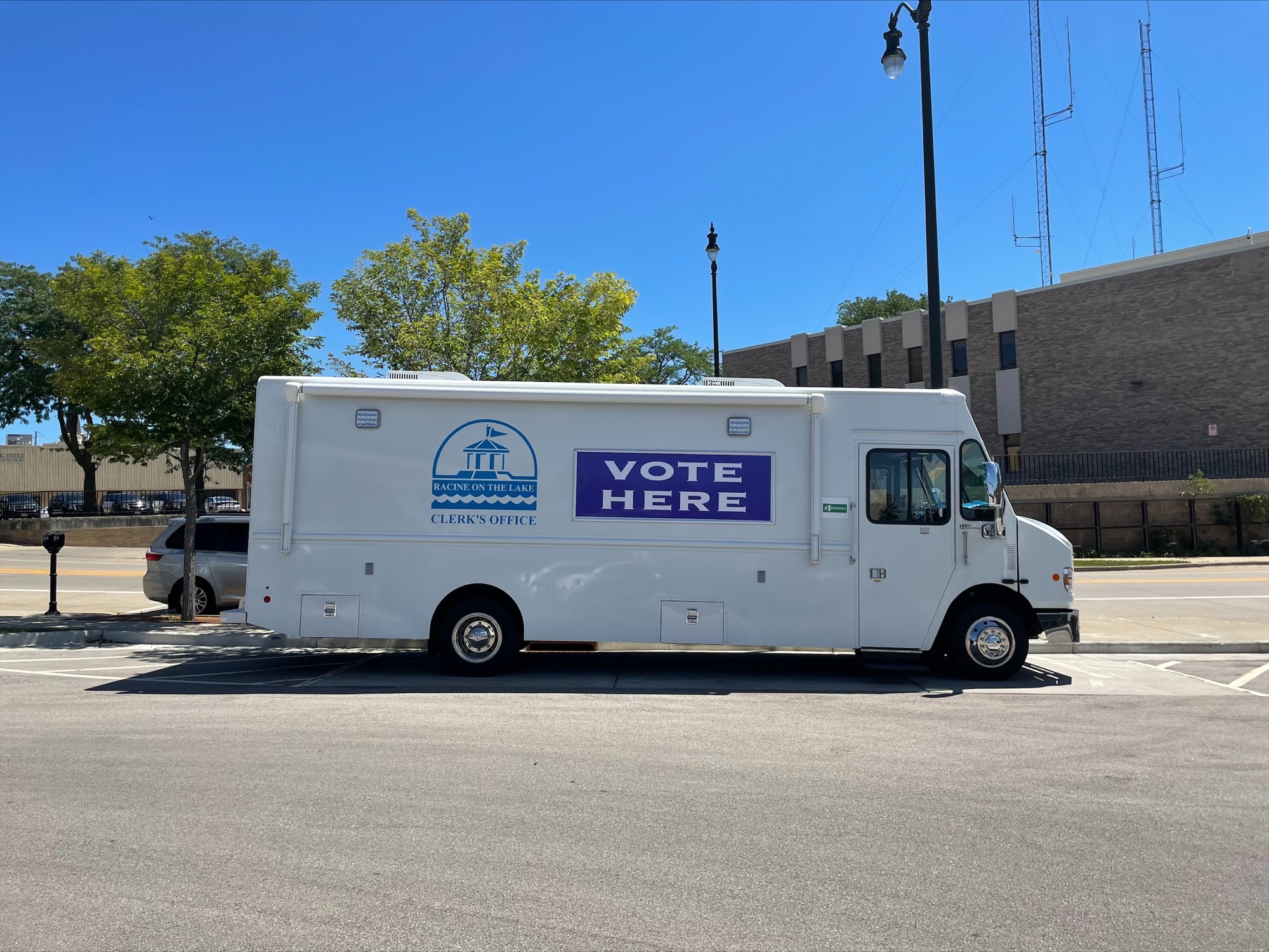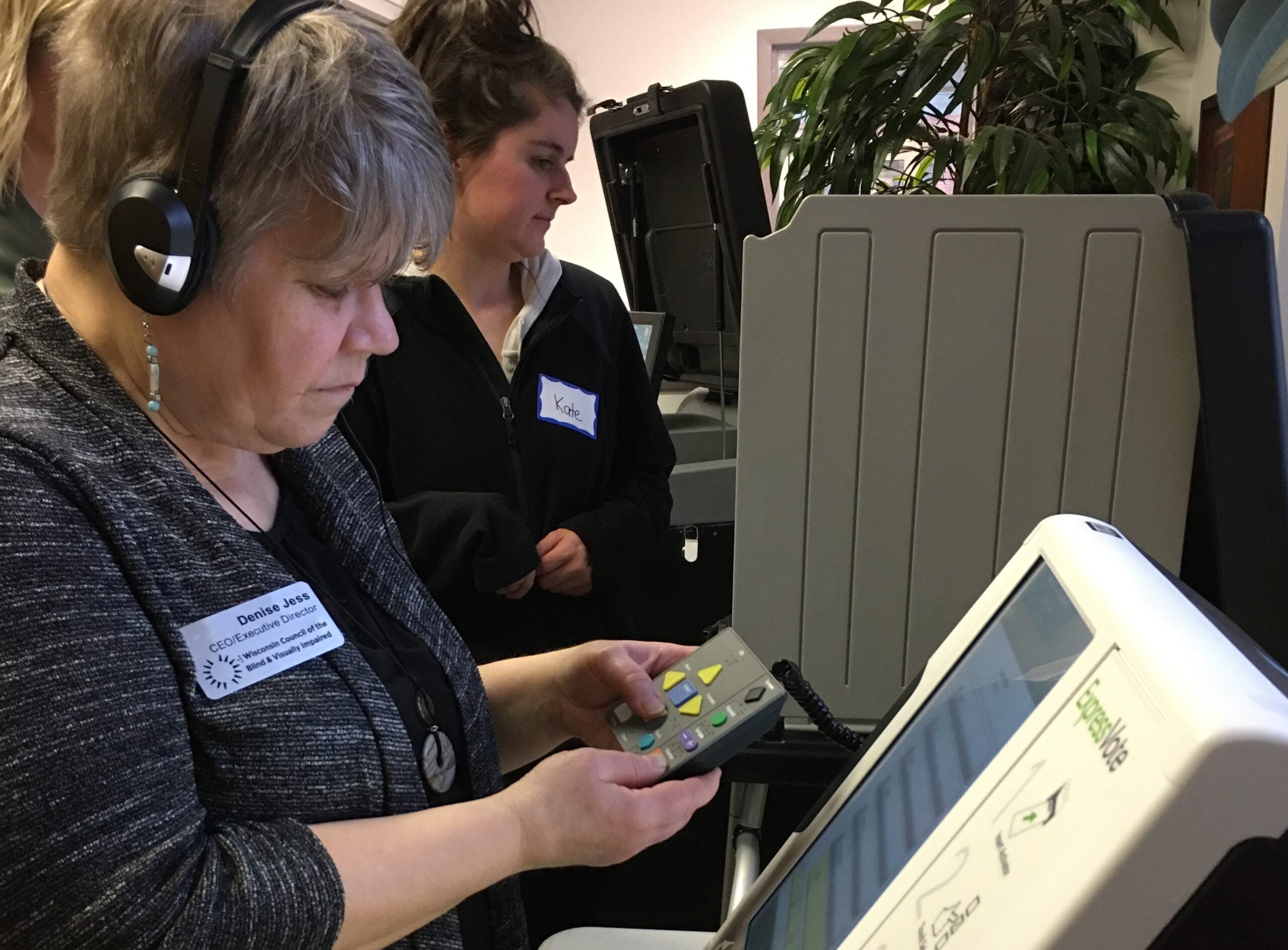Rapper Kanye West should be kept off of Wisconsin’s presidential ballot because his campaign turned in his nominating signatures late, according to a recommendation released Tuesday by staff at the Wisconsin Elections Commission.
While the six commissioners who run the agency will make the final call at their meeting Thursday, staff stated in no uncertain terms that West’s campaign had missed the 5 p.m. deadline on Aug. 4 to turn in their signatures.
Commission staff also rejected the West campaign’s assertion that the signatures met the deadline because they were turned in before 5:01 p.m.
News with a little more humanity
WPR’s “Wisconsin Today” newsletter keeps you connected to the state you love without feeling overwhelmed. No paywall. No agenda. No corporate filter.
“Candidates traditionally do not wait to file nomination papers where documentation of seconds is necessitated,” wrote Elections Commission staff. “And in this instance, instance, commission staff believed the filing was not timely because the papers were not in their possession.”
West filed to run for president in Wisconsin and other states under the banner of the Birthday Party. While technically an independent candidate, West has supported President Donald Trump and told Forbes Magazine in recent interviews that he believes his candidacy could pull Black votes from Democratic nominee Joe Biden.
With the help of Republican attorney Lane Ruhland, West’s campaign showed up close to 5 p.m. at the Wisconsin Elections Commission on the day of the filing deadline. Video from WISN-TV showed Ruhland entering the building shortly after 5 p.m., which was backed up by a separate video taken by a state Democratic Party operative.
West’s campaign asserted that Ruhland turned in the petitions 14 seconds after 5 p.m., which it argued should count because state law says petitions must be turned in “not later” than 5 p.m.
But Elections Commission staff rejected that argument.
“In Commission staff’s opinion, the arguments presented … are unpersuasive, not backed by any cited caselaw, and the Commission and its predecessor agencies have never interpreted the statute to allow filing beyond 5:00 p.m.,” staff wrote. “Such a tortured interpretation of the statutory language here is necessary.”
Staff also disputed the suggestion that Ruhland turned in the signatures by 5:01 p.m. Turning in signatures, staff wrote, requires handing them in at the front desk of the agency’s office, which would have been virtually impossible when Ruhland didn’t enter the front door until after 5 p.m.
“Simply reaching the front door of the building that houses the Commission does not mean nomination papers have been filed,” staff wrote.
In addition to West’s nomination papers, staff also recommended rejecting the nominating petitions for Green Party presidential candidate Howie Hawkins and running mate Angela Walker.
Democrats challenged their petitions because thousands of them listed Walker’s old address. The Green Party, which did not file a formal response to the challenge, said they became aware late in the petition drive that Walker had moved midway through the petition drive, and that they updated their petitions once they found out.
Staff at the commission said signatures on Walker’s old address could have potentially been salvaged had she filed a sworn response declaring when she moved.
“In Commission staff’s opinion, the decision not to file a written response and explain the address discrepancy raised in the complaint proves fatal,” staff wrote.
Staff also recommended that petitions for the American Independent Party be denied because they lack sufficient signatures.
The six-member Elections Commission will vote at its Thursday meeting on which independent candidates qualify for Wisconsin’s ballot.
Whatever the commission decides could then be challenged in court.
Third-party challenges are under intense scrutiny in Wisconsin, a state President Donald Trump won by fewer than 23,000 votes on his way to the White House in 2016. That same year, Green Party candidate Jill Stein received more than 31,000 votes in Wisconsin.
Wisconsin Public Radio, © Copyright 2025, Board of Regents of the University of Wisconsin System and Wisconsin Educational Communications Board.







